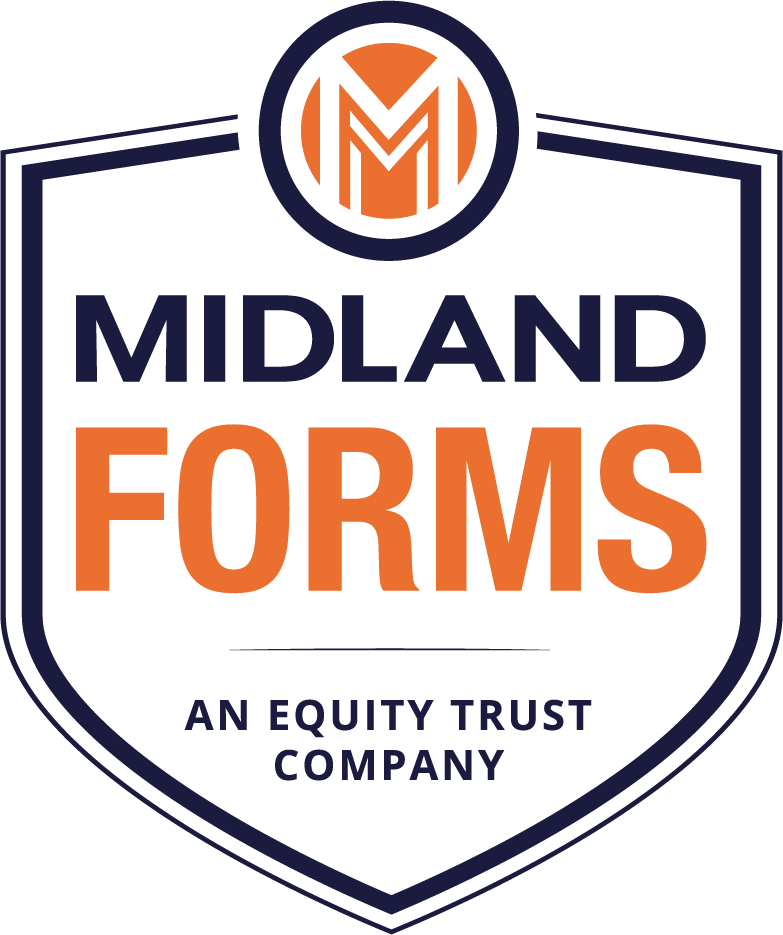What is a Foreign LLC?
A foreign LLC is a company formed in one state but does business in other states or countries than the one in which it was formed. In order to do business in a different state, you may need to “foreign qualify” your business in that state, making it a foreign LLC.
This often occurs when one state might have business-specific or tax-friendly laws or rules that make it better, so business owners will form in one state but the LLC still wants or needs to do business in another. However, in every state the LLC does business, it must register in that state, making it subject to the laws of that state.
For example, if an LLC is formed and operates in Florida, it is considered a domestic LLC in the state of Florida. If it decides to expand to Georgia and Alabama, it will be considered a foreign LLC in Georgia and Alabama but still a domestic LLC in Florida. This distinction between domestic vs foreign LLC is for tax purposes and is a separate classification from the LLC’s set up as single or multi-member.
How do I Register as a Foreign LLC?
The process to begin starts with filing a Certificate of Authority with the state you need to form a foreign LLC in. Each state can refer to this by different names so it is a good idea to research exactly what form you will be required to complete. States may also require additional documentation for this filing, such as a Certificate of Good Standing from the state where your business is formed or incorporated.
As with most filings, each state will have its own filing requirements and fees associated with this. Most states fall into the current range of $100 to $300 to file this qualification.
An important thing to note is there are penalties if you do not file a foreign qualification for your business. These include:
- Fines
- Losing the ability to file lawsuits in the state(s) where you needed a foreign qualification
- Back taxes
- Interest can be applied on top of your filing fees and taxes
If you have any questions about whether a foreign qualification is needed, it is suggested you speak with an attorney to help you make that determination.
